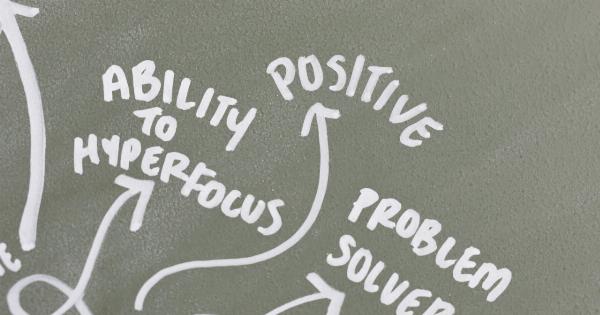Coffee is one of the most popular beverages around the world. It has a lot of benefits, including keeping us alert, improving our mood, and increasing focus. However, it is also believed to have some negative effects when consumed in large amounts.
Too much coffee can lead to anxiety, insomnia, increased heart rate and blood pressure, and even heart attack or stroke.
The Recommended Amount of Coffee
So, how much coffee is safe for consumption? According to studies, 400 milligrams of caffeine per day is generally safe for most healthy adults. This amount is equivalent to four 8-ounce cups of brewed coffee per day.
However, this recommended amount may differ for individuals depending on their sensitivity to caffeine and personal health conditions.
Caffeine Sensitivity
Individuals have different sensitivity to caffeine. Some people may experience the side effects of caffeine with just a few sips, while others may consume large amounts of coffee and not experience any side effects.
It is important to monitor how your body reacts to caffeine and adjust your coffee intake accordingly.
Health Conditions
Individuals with certain health conditions may also need to watch their coffee intake. Pregnant women, for instance, should limit their caffeine consumption to 200 milligrams per day as higher amounts can lead to miscarriage or low birth weight.
People with anxiety, insomnia or high blood pressure may also need to avoid or limit their caffeine intake as it can aggravate their symptoms.
Other Factors That Affect Coffee Intake
Aside from caffeine sensitivity and health conditions, other factors can also affect how much coffee you can consume safely. These include the type of coffee, brewing method, and whether or not you add cream, sugar, or flavors to your coffee.
For instance, espresso shots and coffee from specialty coffee shops often have higher caffeine content compared to regular brewed coffee.
Additionally, adding cream and sugar to your coffee can increase the calorie intake and negate some of the health benefits of coffee.
How to Limit Your Coffee Intake
If you have been consuming more than the recommended amount of coffee, perhaps it is time to consider cutting back. Here are some tips on how to do it:
- Gradually reduce your coffee intake instead of quitting it altogether.
This will help your body adapt slowly and reduce the risk of withdrawal symptoms.
- Try switching to decaf coffee or herbal tea for some of your daily cups.
- Replace your morning coffee with a healthy breakfast or a glass of water to jumpstart your day.
- Avoid consuming coffee late in the day or before bedtime to avoid disrupting your sleep schedule.
Conclusion
Coffee can be a healthy and enjoyable part of our daily routine. However, it is important to consume it in moderation to avoid any negative side effects.
Whether you are a coffee lover or just an occasional drinker, being mindful of your coffee intake and understanding your body’s response to caffeine can help you enjoy your coffee safely.




























